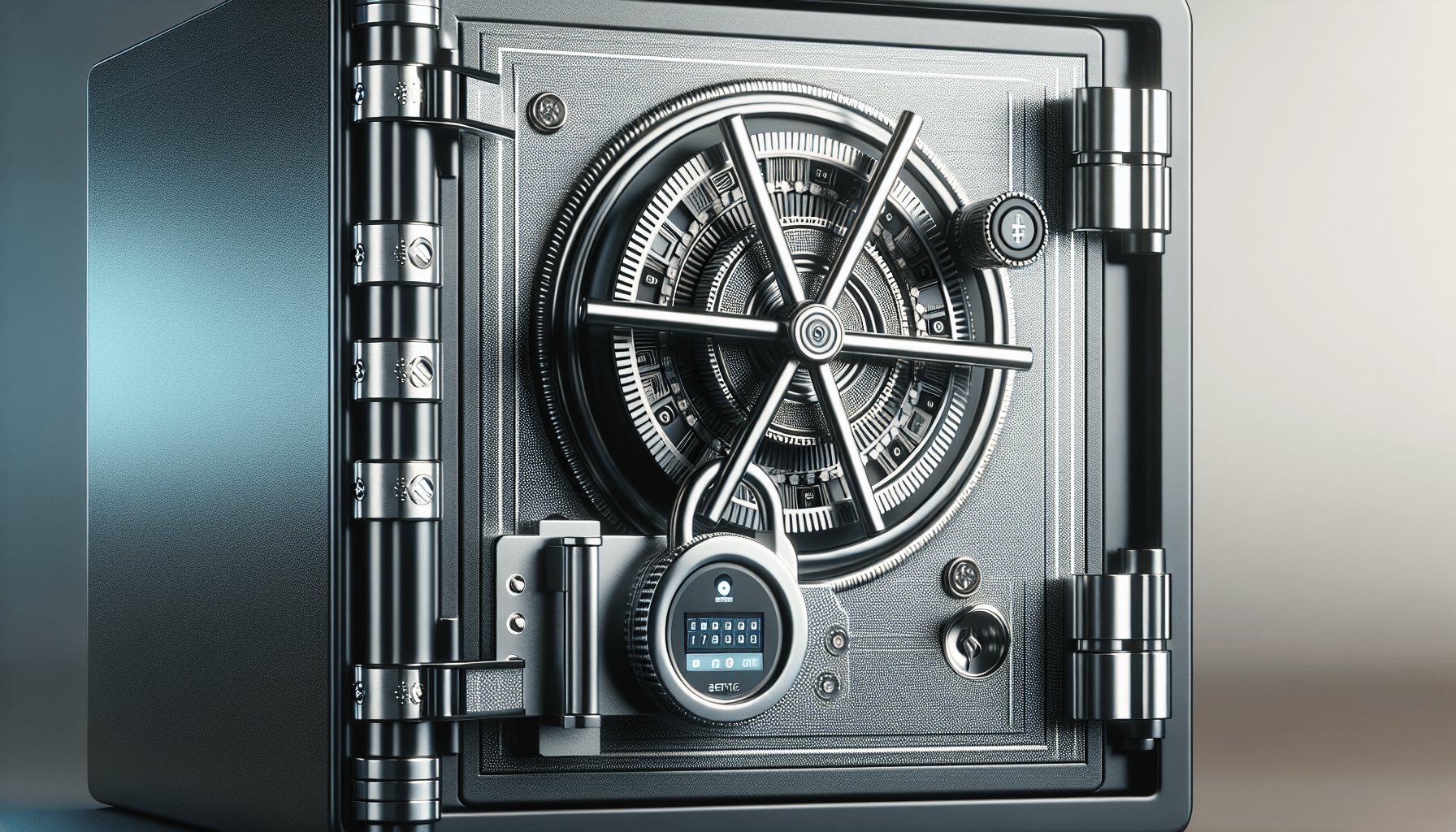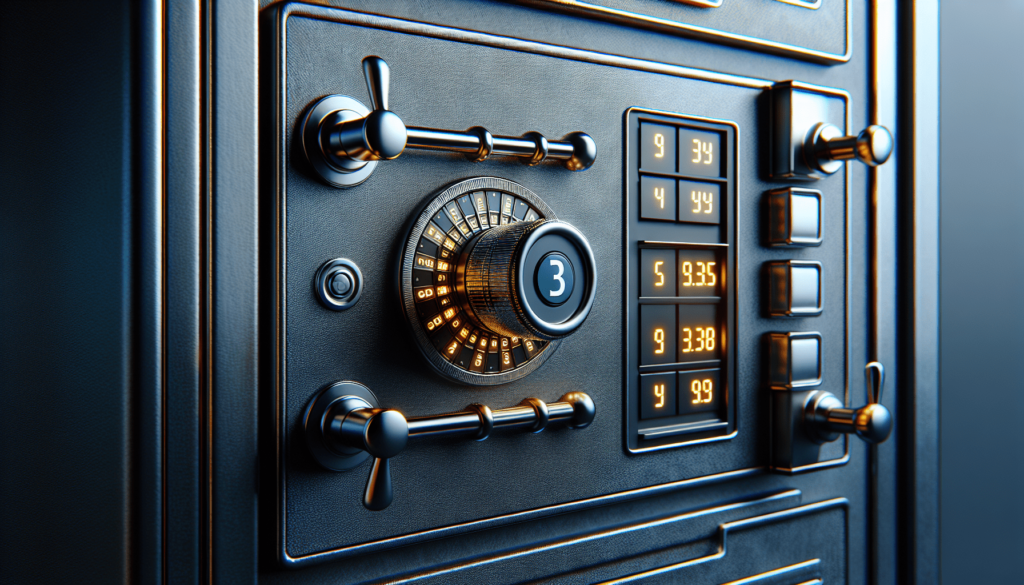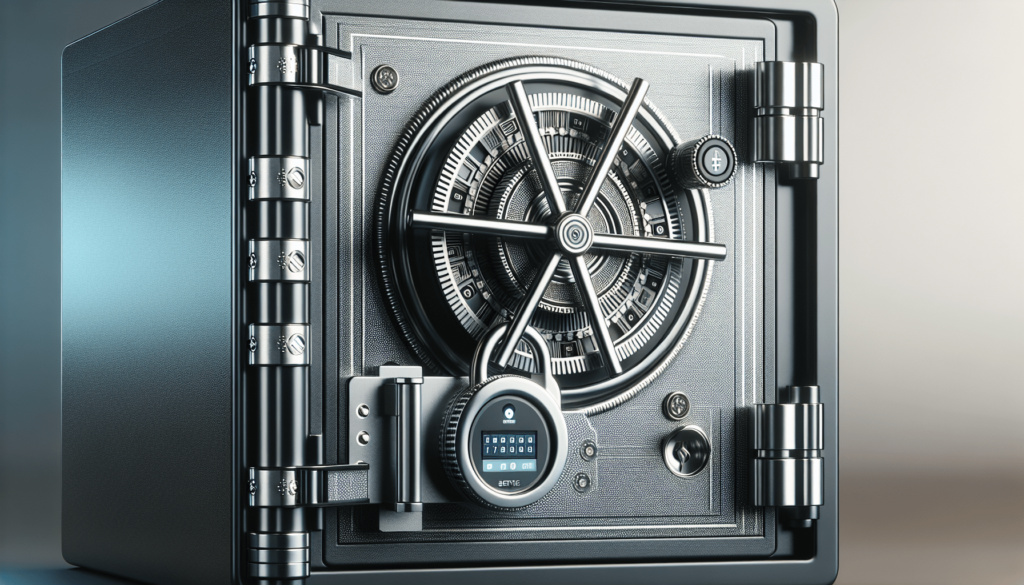How to Safely Store Your Cryptocurrencies

Hi there! If you’re looking for ways to safely store your cryptocurrencies, you’ve come to the right place. With the increasing popularity of digital currencies, it’s important to ensure that your investments are securely stored. By following a few simple tips and utilizing various methods such as hardware wallets, paper wallets, and secure exchanges, you can protect your crypto assets from potential risks and threats. Keep reading to learn how to keep your currencies safe and secure in the ever-evolving world of cryptocurrency.
How to Safely Store Your Cryptocurrencies
You’ve taken the exciting step of investing in cryptocurrencies, but now comes the crucial part: storing them safely. With the rising popularity of digital currencies, keeping your assets secure is more important than ever. In this guide, we’ll walk you through the best practices for safely storing your cryptocurrencies to protect your investments.

Understanding Wallets: Hot vs. Cold
When it comes to storing cryptocurrencies, you have two main options: hot wallets and cold wallets. Hot wallets are connected to the internet, making them more convenient for frequent trading but also more vulnerable to hacking. Cold wallets, on the other hand, are offline and often considered more secure for long-term storage.
Choosing the right wallet for your needs is crucial in keeping your cryptocurrencies safe. It’s important to weigh the convenience of a hot wallet with the added security of a cold wallet when making your decision.
Hot Wallets: Online Security
Hot wallets, such as online exchanges and mobile apps, are a popular choice for active traders due to their accessibility. However, they are also more susceptible to hacking and cyber attacks compared to cold wallets. It’s essential to take extra precautions when using a hot wallet to safeguard your assets.
One way to enhance security when using a hot wallet is to enable two-factor authentication (2FA) to add an extra layer of protection to your account. Additionally, make sure to keep your login credentials secure and avoid accessing your wallet on public Wi-Fi networks to prevent potential breaches.
Cold Wallets: Offline Protection
Cold wallets, such as hardware wallets and paper wallets, provide an offline storage solution for your cryptocurrencies, reducing the risk of cyber attacks. Hardware wallets, in particular, are highly recommended for long-term storage due to their increased security measures.
When setting up a cold wallet, make sure to keep your recovery seed phrase in a safe and secure location. This phrase is essential for recovering your funds in case your wallet gets damaged or lost. Remember to keep your cold wallet disconnected from the internet when not in use to minimize the risk of unauthorized access.
Tips for Secure Storage
Now that you understand the difference between hot and cold wallets, here are some additional tips for securely storing your cryptocurrencies:
- Backup Your Wallet: Regularly backup your wallet data and recovery seed phrase to ensure you can access your funds in case of any unforeseen circumstances.
- Update Your Software: Keep your wallet software and operating system up to date to protect against vulnerabilities and security threats.
- Use Strong Passwords: Create complex passwords for your wallet accounts and avoid using the same password across multiple platforms.
- Store Offline: Consider storing your recovery seed phrase and private keys offline in a secure location, such as a safe or lockbox.
- Test Transactions: Before transferring a large sum of cryptocurrencies, test a small transaction to ensure everything is working correctly.

Best Practices for Crypto Security
In addition to choosing the right wallet and following secure storage tips, here are some best practices for enhancing the security of your cryptocurrencies:
- Avoid Phishing Scams: Be cautious of phishing emails and links that may lead to fake websites designed to steal your login credentials.
- Verify Addresses: Always double-check the recipient’s address before sending any cryptocurrencies to prevent sending funds to the wrong wallet.
- Use Secure Networks: When accessing your wallet or making transactions, use a secure and private network to reduce the risk of eavesdropping.
- Keep Private Keys Private: Never share your private keys or recovery seed phrase with anyone, as they provide full access to your funds.
- Monitor Account Activity: Regularly monitor your wallet accounts for any unusual or unauthorized transactions that may indicate a security breach.
Conclusion
Safely storing your cryptocurrencies is essential to protect your investments from potential threats and risks. By understanding the different types of wallets, implementing secure storage practices, and following best security practices, you can reduce the likelihood of falling victim to cyber attacks and unauthorized access.
Remember, the security of your cryptocurrencies ultimately rests in your hands. Take the necessary precautions, stay informed about the latest security trends, and always prioritize the safety of your digital assets. With the right approach, you can confidently navigate the world of cryptocurrency storage and safeguard your investments for the long term.





